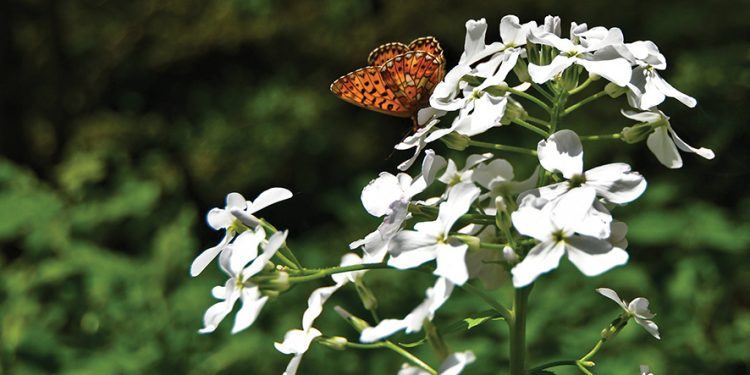On World Environment Day 2024, the UNDP celebrated its ongoing work in Georgia with regards environmental preservation and sustainable energy solutions.
Georgia boasts 100 protected areas which cover 13% of its land, where forests flourish across 75% of these natural havens. Within these biodiverse zones thrive over 3,000 plant species, including 300 that are found nowhere else but in the Caucasus and Georgia. These protected areas are vital habitats for 90 rare and endangered animals, accounting for 67% of Georgia’s Red List species, and provide safe refuge for 27 bird species on the brink of extinction.
However, despite these efforts, 60% of Georgia’s land remains vulnerable to climate-related disasters. To combat this, UNDP Georgia, in collaboration with local and global partners, leads the charge in biodiversity conservation. Their efforts range from fortifying protected areas to promoting sustainable community growth and advocating for eco-friendly policies.
Once distinguished for its rich biodiversity, Georgia now faces severe environmental challenges, stemming from human activities and climate change, which threaten its unique flora, fauna, and precious natural resources. Challenges include non-compliance with environmental legislation, unsustainable resource use, and slow adoption of green practices, issues which lead to biodiversity loss, land degradation, and pollution.
Georgia is striving for sustainable autonomy in the energy sector, but relies heavily on external sources and fossil fuels. Challenges persist in the utilization of renewable energy and efficiency in energy supply and consumption.
UNDP tackles these issues by advocating for biodiversity preservation, promoting renewable energy adoption, supporting sustainable urbanization, and championing waste management initiatives. Climate action remains central to the UNDP programs, aimed at reshaping climate policies, protecting communities and economies from climate risks, and fulfilling national commitments under global agreements like the Paris Agreement and the UN Framework Convention on Climate Change.
By Katie Ruth Davies














